Optimal Timing for Concrete Foundations
Determining the optimal time for concrete foundation service is essential to ensure durability and structural integrity. The best time depends on climate conditions, temperature ranges, and moisture levels. Proper timing minimizes risks such as cracking, settling, or delays caused by adverse weather.
Spring and fall are generally preferred for foundation services due to moderate temperatures and lower humidity, which facilitate proper curing.
Concrete should be poured when temperatures are between 50°F and 85°F. Extreme cold can cause freezing, while excessive heat may lead to rapid drying and cracking.
Dry weather with low chances of rain is optimal. Wet conditions can weaken the foundation and delay curing processes.
Soil should have adequate moisture content to support proper compaction and prevent future settling.
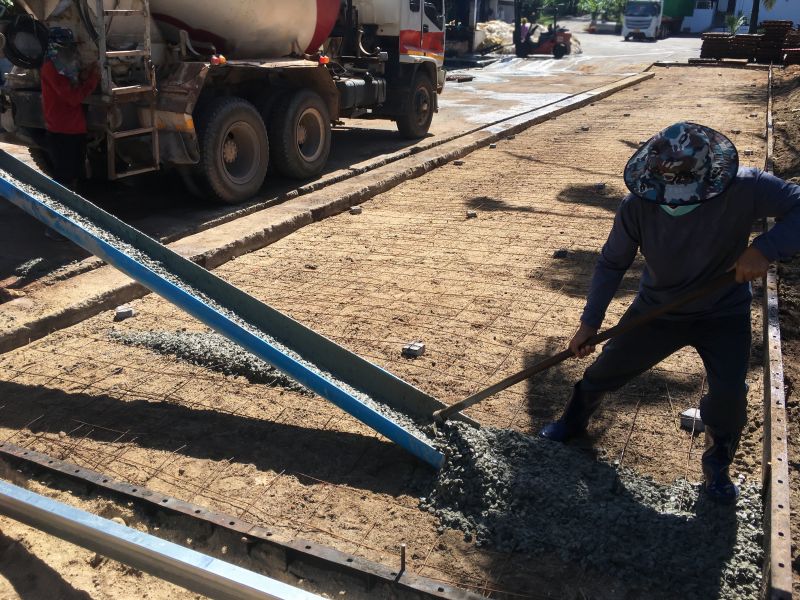
Optimal conditions for foundation work during spring with moderate temperatures.
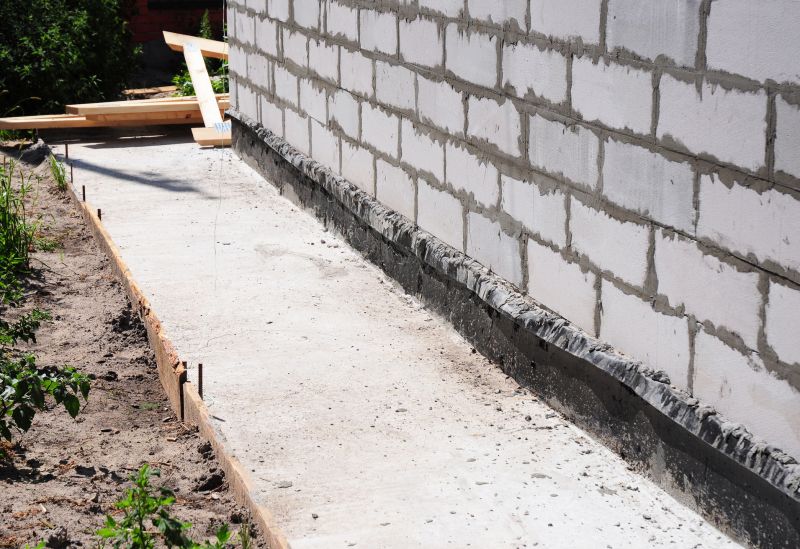
Proper curing is critical for foundation strength and longevity.
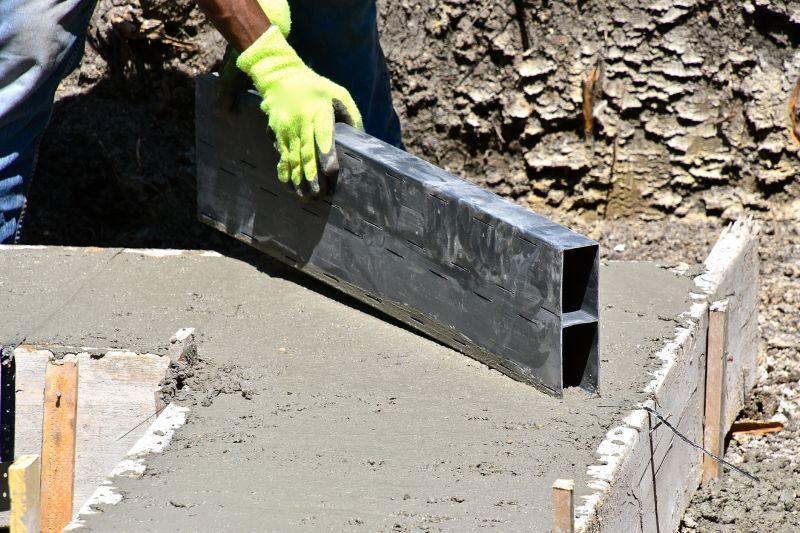
Ensuring soil moisture and stability before pouring concrete.
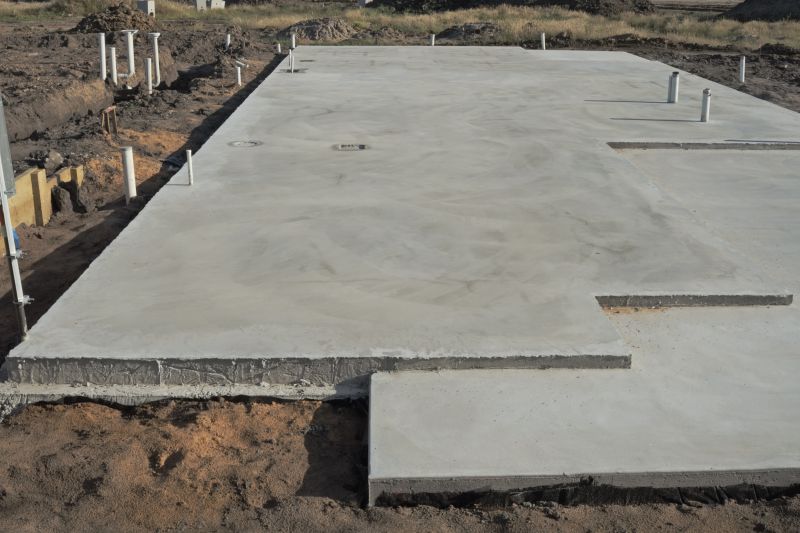
Ways to make Concrete Foundation Service work in tight or awkward layouts.
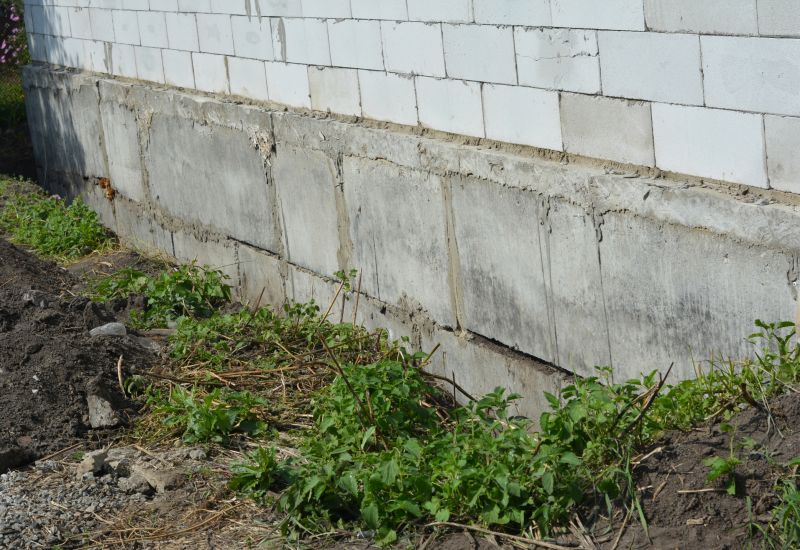
Popular materials for Concrete Foundation Service and why they hold up over time.
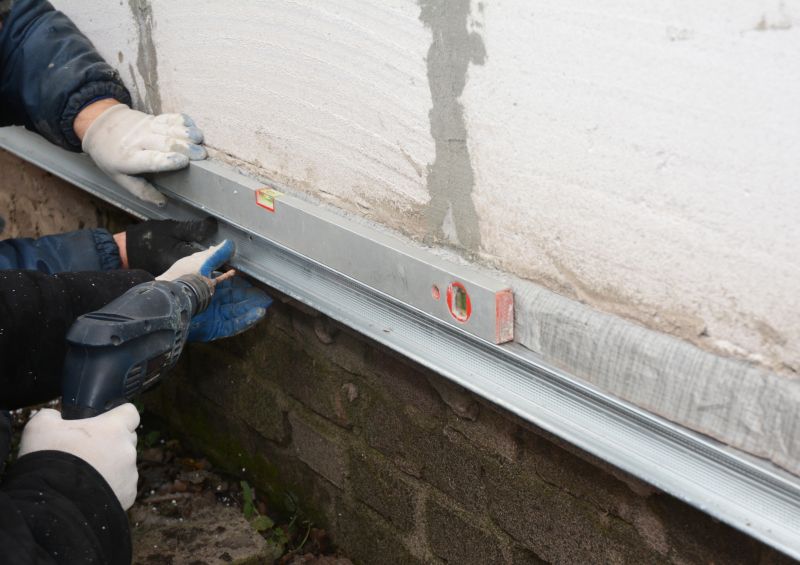
Simple add-ons that improve Concrete Foundation Service without blowing the budget.
| Season/Condition | Recommended Action |
|---|---|
| Spring | Ideal for pouring concrete with moderate temperatures. |
| Summer | Suitable if temperatures are controlled and not excessively hot. |
| Fall | Good for foundation work due to cooler, stable weather. |
| Winter | Generally not recommended unless heated enclosures are used. |
| Rainy Days | Avoid pouring during heavy rain or immediately after rain. |
| Extreme Cold | Postpone until temperatures rise above freezing. |
| Extreme Heat | Schedule early in the morning or late in the day to avoid heat stress. |
Concrete foundation service is a crucial component of construction that provides stability and support for various structures. Proper timing ensures the concrete cures correctly, preventing issues such as cracking or uneven settling. Factors like climate, soil conditions, and weather forecasts play a significant role in scheduling foundation work. Using appropriate materials and techniques during optimal periods enhances the longevity and performance of the foundation. Accurate planning and consideration of environmental conditions lead to a durable and reliable structure, reducing long-term maintenance costs.



